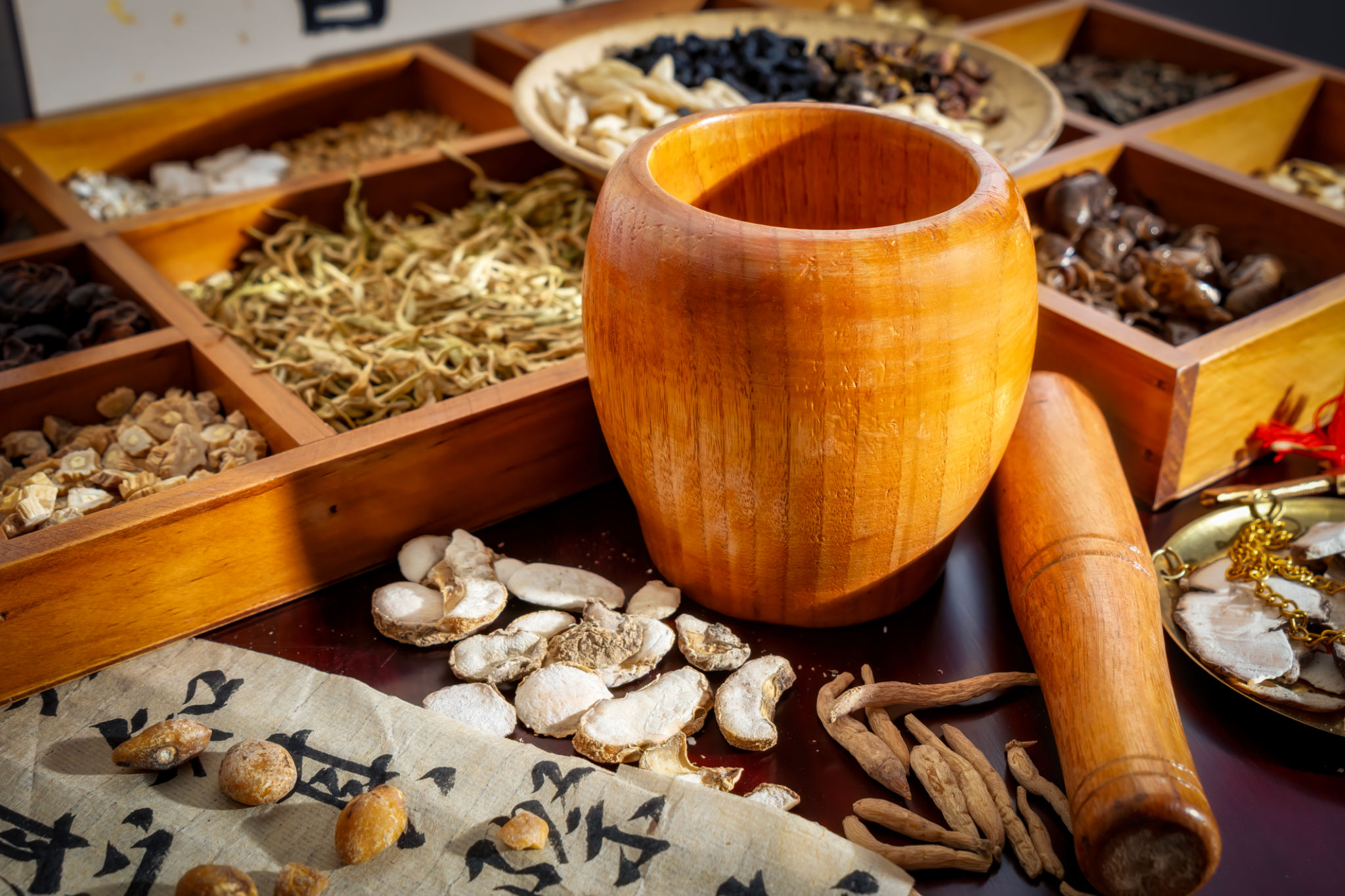Understanding the Role of Traditional Chinese Medicine in Modern Wellness Practices
The Emergence of Traditional Chinese Medicine in Modern Wellness
In recent years, the wellness industry has witnessed a growing interest in integrating ancient practices with contemporary health solutions. One of these age-old traditions is Traditional Chinese Medicine (TCM), which has become increasingly popular among those seeking holistic and natural approaches to health. TCM offers a unique perspective on well-being, focusing on balance, harmony, and the body's intrinsic ability to heal.

Understanding the Principles of TCM
The foundation of Traditional Chinese Medicine lies in its principles of balance, primarily the concept of Yin and Yang. These opposing yet complementary forces are believed to exist in all things, including the human body. TCM practitioners strive to maintain a balance between Yin and Yang to ensure optimal health and prevent disease. Additionally, TCM emphasizes the flow of Qi, or life energy, through meridians in the body, which must remain unobstructed for one to remain healthy.
Another core aspect of TCM is the Five Elements Theory, which categorizes the natural world into five elements: Wood, Fire, Earth, Metal, and Water. These elements are interconnected and correspond to different organs and functions within the body. Understanding how these elements interact can help practitioners diagnose imbalances and guide treatment plans.
Common Practices in Traditional Chinese Medicine
Traditional Chinese Medicine encompasses a variety of practices that work together to promote health and healing. Some of the most common TCM practices include:
- Acupuncture: Inserting thin needles into specific points on the body to stimulate energy flow and promote healing.
- Herbal Medicine: Utilizing plant-based substances to address various health concerns and restore balance.
- Tui Na Massage: A therapeutic form of massage that targets specific points to alleviate pain and improve circulation.
- Qigong: A form of meditative exercise that combines movement, breathing techniques, and meditation to enhance overall well-being.

The Integration of TCM into Modern Wellness Practices
As more individuals seek holistic approaches to health, Traditional Chinese Medicine has increasingly been integrated into modern wellness practices. Many people are turning to TCM for its comprehensive approach to health, which considers not just physical symptoms but also emotional, mental, and spiritual aspects. This holistic perspective is particularly appealing in today's fast-paced world, where stress-related ailments are on the rise.
Additionally, TCM is often used in conjunction with conventional medicine to provide a more comprehensive treatment plan. By combining the strengths of both traditional and modern approaches, practitioners can offer patients a wider range of options for maintaining health and preventing illness.
The Benefits of Incorporating TCM
Incorporating Traditional Chinese Medicine into modern wellness practices offers several benefits. Firstly, TCM's preventative approach can help individuals maintain long-term health by addressing imbalances before they manifest as illnesses. Moreover, TCM's focus on natural remedies reduces reliance on pharmaceuticals, minimizing potential side effects.

Furthermore, TCM encourages individuals to take an active role in their health through lifestyle modifications, such as diet changes and stress management techniques. This empowerment can lead to improved mental well-being and a greater sense of control over one's health journey.
Challenges and Considerations
While there are numerous benefits to integrating TCM into modern wellness practices, it is essential to consider potential challenges. One such challenge is the differing philosophies between TCM and Western medicine. As a result, patients should seek practitioners who are knowledgeable in both fields to ensure a cohesive treatment plan.
Additionally, as with any medical practice, it is crucial for individuals to consult with qualified professionals before beginning any new treatment. This ensures that therapies are tailored to individual needs and that any potential risks are minimized.
The Future of TCM in Modern Wellness
As interest in holistic health continues to grow, the role of Traditional Chinese Medicine in modern wellness practices is likely to expand. By offering a unique blend of ancient wisdom and contemporary understanding, TCM provides valuable insights into health and well-being. As research continues to explore its efficacy, more individuals may turn to this time-honored practice as part of their pursuit of wellness.
